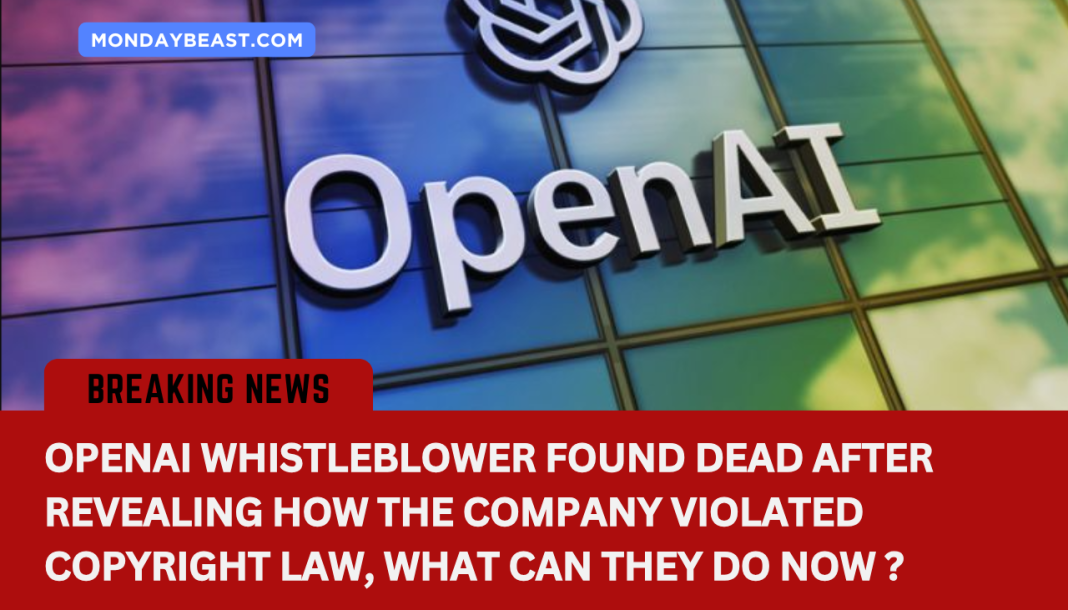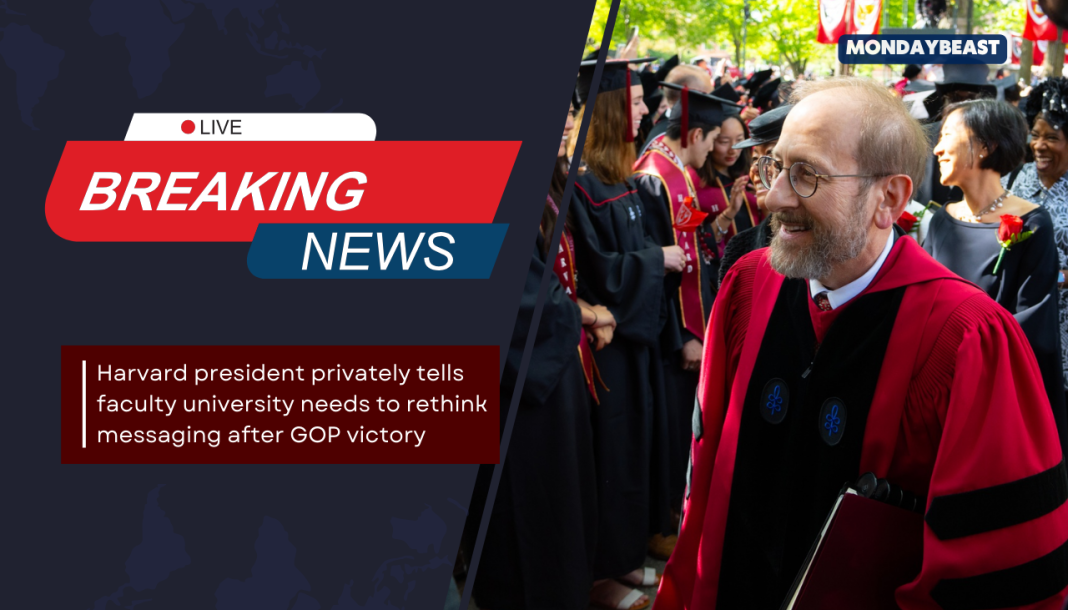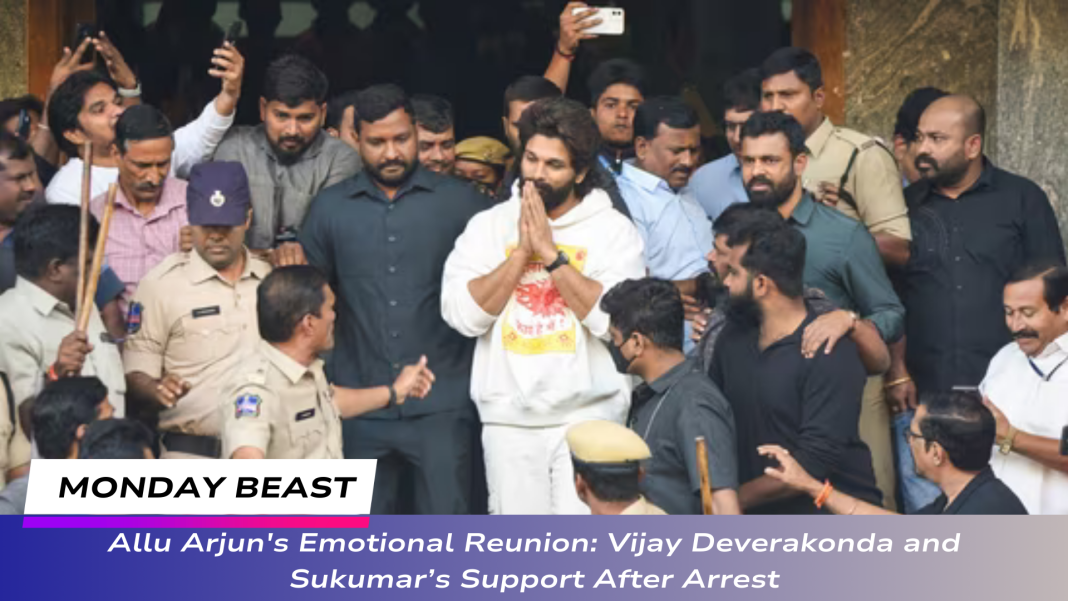The abrupt end of Suchir Balaji’s life has sent shockwaves through the tech community. At just 26, the OpenAI whistleblower became a voice of caution. He revealed how the company’s practices potentially violated copyright laws, raising ethical questions in AI development.

Balaji was discovered in his San Francisco apartment. It’s been labeled a suicide, ruling out foul play, but how do we truly process such a loss? It’s a question that hangs heavy, especially given his pivotal role in exposing alleged malpractices at a tech giant.
His journey began at UC Berkeley, where Balaji nurtured a passion for computer science. With visions of AI curing diseases or solving grand challenges, he joined OpenAI, ready to make a difference. But soon, disillusionment began to creep in.

Accusations against OpenAI ignited a serious backlash. For creatives from various fields, their frustrations became a rallying cry. Authors, journalists, and developers felt the sting of intellectual theft as they fought to reclaim their rights amid a flood of legal disputes.
According to Balaji, the company’s data scraping practices veered into unethical territory. As he noticed the detrimental impact on businesses and individuals, his earlier optimism turned to concern. ‘This is not a sustainable model,” he voiced, urging for accountability within a system that he believed was on a dangerous path.

In a letter just weeks before his death, Balaji’s insights surfaced in ongoing litigation involving The New York Times. His holdings were seen as crucial evidence against OpenAI, highlighting the weight his voice carried in this legal storm. What does it mean when a whistleblower isn’t just shining a light but also becomes the light itself?
Balaji’s revelations stoked fears across the industry, forcing a reckoning. Is it possible for AI companies to grow without jeopardizing the rights of creators? As AI technologies continue to transform our landscape, this question begs for answers.
His tragic passing raises further questions. How do we address the ethical implications of AI development? The blurred lines between innovation and infringement require more than just conversations; they demand action. It’s a reminder that behind the code are real people facing real dilemmas.
So many potential changes hang in the balance now. The outcry for reform in data usage is louder than ever, but what will it take to ensure fairness? As we ponder the impact of Balaji’s bravery, his legacy compels the tech world to rethink its practices, to understand the profound human aspects of technology, and to advocate for integrity in an evolving landscape.
Grieving for Balaji’s untimely departure is about more than loss; it’s about recognizing a call to action. Can we reshape our digital sphere together? As we reflect on his contributions, we must also consider what we can do to honor his fight for ethical AI.




